When it comes to choosing the perfect pair of shoes, one of the key decisions you’ll need to make is whether to go for synthetic or leather options. Both synthetic and leather shoes have their own set of pros and cons, and understanding the differences between the two can help you make an informed decision that aligns with your preferences and values. Let’s start by diving into the world of synthetic shoes. Synthetic shoes are made from man-made materials such as polyester, nylon, and various types of plastic.

.
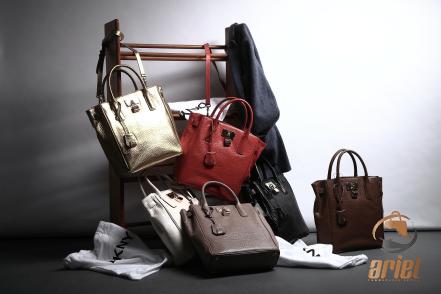 These materials are often chosen for their durability, water resistance, and ease of maintenance. Synthetic shoes are typically more affordable than their leather counterparts, making them a popular choice for budget-conscious consumers. One of the key advantages of synthetic shoes is their versatility. These shoes can be designed in a wide range of styles and colors, making it easy to find a pair that suits your taste and personality. Additionally, synthetic shoes are often lighter in weight than leather shoes, which can be a major selling point for those who prioritize comfort and ease of movement. Another benefit of synthetic shoes is their durability. These shoes are often more resistant to wear and tear than leather shoes, making them a great choice for everyday wear or for more rugged activities such as hiking or running. Additionally, synthetic shoes are typically easier to clean and maintain, as they can often be wiped down with a damp cloth or washed in the machine. However, it’s important to note that synthetic shoes may not offer the same level of breathability as leather shoes. This can lead to increased sweating and discomfort, especially in hot and humid climates. Additionally, some people may have ethical concerns about the production of synthetic shoes, as these materials are often derived from non-renewable resources and may involve the use of chemicals during manufacturing. On the other hand, leather shoes are crafted from animal hides, typically sourced from cows, sheep, or goats. Leather shoes have a reputation for being luxurious, stylish, and timeless. The natural material of leather allows shoes to mold to the shape of your feet over time, providing a personalized and comfortable fit that synthetic shoes may struggle to achieve. One of the biggest advantages of leather shoes is their breathability. Leather is a natural material that allows air to circulate around your feet, keeping them cool and dry even on hot days. This breathability can help prevent foot odor and fungal infections, making leather shoes a popular choice for those with sensitive feet. Leather shoes are also known for their durability and longevity. With proper care and maintenance, a high-quality pair of leather shoes can last for many years, developing a rich patina and distinctive character with age. In fact, leather shoes are often seen as an investment piece, with some enthusiasts collecting and cherishing their favorite pairs for decades. However, leather shoes do come with their own set of drawbacks. For starters, leather is a more expensive material than synthetics, so purchasing a pair of leather shoes may require a larger upfront investment. Additionally, leather shoes can be more difficult to clean and maintain than synthetic shoes, requiring regular conditioning and polishing to keep them looking their best.
These materials are often chosen for their durability, water resistance, and ease of maintenance. Synthetic shoes are typically more affordable than their leather counterparts, making them a popular choice for budget-conscious consumers. One of the key advantages of synthetic shoes is their versatility. These shoes can be designed in a wide range of styles and colors, making it easy to find a pair that suits your taste and personality. Additionally, synthetic shoes are often lighter in weight than leather shoes, which can be a major selling point for those who prioritize comfort and ease of movement. Another benefit of synthetic shoes is their durability. These shoes are often more resistant to wear and tear than leather shoes, making them a great choice for everyday wear or for more rugged activities such as hiking or running. Additionally, synthetic shoes are typically easier to clean and maintain, as they can often be wiped down with a damp cloth or washed in the machine. However, it’s important to note that synthetic shoes may not offer the same level of breathability as leather shoes. This can lead to increased sweating and discomfort, especially in hot and humid climates. Additionally, some people may have ethical concerns about the production of synthetic shoes, as these materials are often derived from non-renewable resources and may involve the use of chemicals during manufacturing. On the other hand, leather shoes are crafted from animal hides, typically sourced from cows, sheep, or goats. Leather shoes have a reputation for being luxurious, stylish, and timeless. The natural material of leather allows shoes to mold to the shape of your feet over time, providing a personalized and comfortable fit that synthetic shoes may struggle to achieve. One of the biggest advantages of leather shoes is their breathability. Leather is a natural material that allows air to circulate around your feet, keeping them cool and dry even on hot days. This breathability can help prevent foot odor and fungal infections, making leather shoes a popular choice for those with sensitive feet. Leather shoes are also known for their durability and longevity. With proper care and maintenance, a high-quality pair of leather shoes can last for many years, developing a rich patina and distinctive character with age. In fact, leather shoes are often seen as an investment piece, with some enthusiasts collecting and cherishing their favorite pairs for decades. However, leather shoes do come with their own set of drawbacks. For starters, leather is a more expensive material than synthetics, so purchasing a pair of leather shoes may require a larger upfront investment. Additionally, leather shoes can be more difficult to clean and maintain than synthetic shoes, requiring regular conditioning and polishing to keep them looking their best.
..
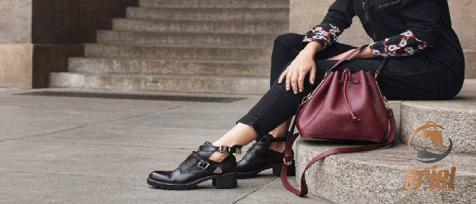 Another consideration when choosing between synthetic and leather shoes is the environmental impact of each material. Leather production can have a significant ecological footprint, as it involves the use of water, energy, and chemicals in the tanning process. On the other hand, synthetic materials are often made from petrochemicals, which are derived from non-renewable resources and can contribute to pollution and greenhouse gas emissions. Ultimately, the choice between synthetic and leather shoes will depend on your personal preferences and values. If you prioritize affordability, versatility, and easy maintenance, synthetic shoes may be the right choice for you. On the other hand, if you value durability, breathability, and timeless style, leather shoes may be worth the investment. In conclusion, both synthetic and leather shoes have their own unique benefits and drawbacks. By weighing the pros and cons of each material and considering your own needs and priorities, you can make an informed decision that will keep your feet comfortable and stylish for years to come. Whether you opt for the modern convenience of synthetic shoes or the classic elegance of leather, the most important thing is to choose a pair that makes you feel confident and comfortable every step of the way. When it comes to synthetic vs leather shoes, there are various factors to consider beyond just the material itself. The construction, design, and intended use of the shoes can also play a significant role in your decision-making process. Synthetic shoes, with their lightweight and often athletic designs, are a popular choice for sports and outdoor activities. Many running shoes, hiking boots, and athletic sneakers are made from synthetic materials due to their durability and performance-enhancing features. If you lead an active lifestyle or are looking for shoes that can withstand the demands of physical activity, synthetic shoes may be the way to go. On the other hand, leather shoes are often associated with more formal or dressy occasions. Classic styles such as oxfords, loafers, and brogues are commonly made from leather, adding a touch of sophistication and elegance to any outfit. Leather shoes are a timeless choice for work environments, business meetings, special events, or simply when you want to elevate your everyday look. Another factor to consider is climate and weather conditions. Leather shoes, with their natural breathability and moisture-wicking properties, are well-suited for both hot and cold climates.
Another consideration when choosing between synthetic and leather shoes is the environmental impact of each material. Leather production can have a significant ecological footprint, as it involves the use of water, energy, and chemicals in the tanning process. On the other hand, synthetic materials are often made from petrochemicals, which are derived from non-renewable resources and can contribute to pollution and greenhouse gas emissions. Ultimately, the choice between synthetic and leather shoes will depend on your personal preferences and values. If you prioritize affordability, versatility, and easy maintenance, synthetic shoes may be the right choice for you. On the other hand, if you value durability, breathability, and timeless style, leather shoes may be worth the investment. In conclusion, both synthetic and leather shoes have their own unique benefits and drawbacks. By weighing the pros and cons of each material and considering your own needs and priorities, you can make an informed decision that will keep your feet comfortable and stylish for years to come. Whether you opt for the modern convenience of synthetic shoes or the classic elegance of leather, the most important thing is to choose a pair that makes you feel confident and comfortable every step of the way. When it comes to synthetic vs leather shoes, there are various factors to consider beyond just the material itself. The construction, design, and intended use of the shoes can also play a significant role in your decision-making process. Synthetic shoes, with their lightweight and often athletic designs, are a popular choice for sports and outdoor activities. Many running shoes, hiking boots, and athletic sneakers are made from synthetic materials due to their durability and performance-enhancing features. If you lead an active lifestyle or are looking for shoes that can withstand the demands of physical activity, synthetic shoes may be the way to go. On the other hand, leather shoes are often associated with more formal or dressy occasions. Classic styles such as oxfords, loafers, and brogues are commonly made from leather, adding a touch of sophistication and elegance to any outfit. Leather shoes are a timeless choice for work environments, business meetings, special events, or simply when you want to elevate your everyday look. Another factor to consider is climate and weather conditions. Leather shoes, with their natural breathability and moisture-wicking properties, are well-suited for both hot and cold climates.
…
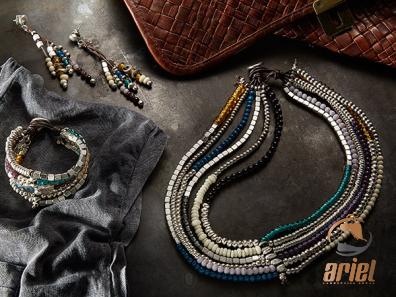 In warmer weather, leather shoes can help keep your feet cool and dry, while in colder weather, they can provide insulation and protection from the elements. On the other hand, synthetic shoes may not offer the same level of protection or comfort in extreme weather conditions. Comfort is a key consideration when choosing between synthetic and leather shoes. While both materials can be comfortable to wear, leather shoes have the advantage of molding to the shape of your feet over time, providing a custom fit that maximizes comfort and support. Synthetic shoes may be more rigid initially, requiring a break-in period before they feel truly comfortable. When it comes to style and fashion, both synthetic and leather shoes have their place. Synthetic shoes offer a wide range of color options, designs, and embellishments, making them a versatile choice for trend-focused individuals who like to experiment with different looks. Leather shoes, on the other hand, exude a sense of sophistication and luxury that can elevate any outfit, from casual jeans to formal suits. Furthermore, the maintenance and care of your shoes can also influence your decision between synthetic and leather options. Leather shoes require regular cleaning, conditioning, and polishing to keep them looking their best and prolong their lifespan. In contrast, synthetic shoes are often easier to clean and maintain, making them a convenient choice for those with busy lifestyles or limited time for shoe care. In conclusion, the choice between synthetic and leather shoes is a personal one that depends on your lifestyle, preferences, and values. Whether you opt for the affordability and versatility of synthetic shoes or the durability and timeless style of leather shoes, the most important thing is to choose a pair that fits your needs and makes you feel confident and comfortable. Ultimately, both synthetic and leather shoes have their own set of advantages and disadvantages, and the best choice for you will depend on a variety of factors, including your budget, lifestyle, fashion sense, and environmental concerns. Whichever option you choose, investing in a quality pair of shoes that aligns with your values and meets your needs is the key to ensuring long-lasting comfort and style.
In warmer weather, leather shoes can help keep your feet cool and dry, while in colder weather, they can provide insulation and protection from the elements. On the other hand, synthetic shoes may not offer the same level of protection or comfort in extreme weather conditions. Comfort is a key consideration when choosing between synthetic and leather shoes. While both materials can be comfortable to wear, leather shoes have the advantage of molding to the shape of your feet over time, providing a custom fit that maximizes comfort and support. Synthetic shoes may be more rigid initially, requiring a break-in period before they feel truly comfortable. When it comes to style and fashion, both synthetic and leather shoes have their place. Synthetic shoes offer a wide range of color options, designs, and embellishments, making them a versatile choice for trend-focused individuals who like to experiment with different looks. Leather shoes, on the other hand, exude a sense of sophistication and luxury that can elevate any outfit, from casual jeans to formal suits. Furthermore, the maintenance and care of your shoes can also influence your decision between synthetic and leather options. Leather shoes require regular cleaning, conditioning, and polishing to keep them looking their best and prolong their lifespan. In contrast, synthetic shoes are often easier to clean and maintain, making them a convenient choice for those with busy lifestyles or limited time for shoe care. In conclusion, the choice between synthetic and leather shoes is a personal one that depends on your lifestyle, preferences, and values. Whether you opt for the affordability and versatility of synthetic shoes or the durability and timeless style of leather shoes, the most important thing is to choose a pair that fits your needs and makes you feel confident and comfortable. Ultimately, both synthetic and leather shoes have their own set of advantages and disadvantages, and the best choice for you will depend on a variety of factors, including your budget, lifestyle, fashion sense, and environmental concerns. Whichever option you choose, investing in a quality pair of shoes that aligns with your values and meets your needs is the key to ensuring long-lasting comfort and style.
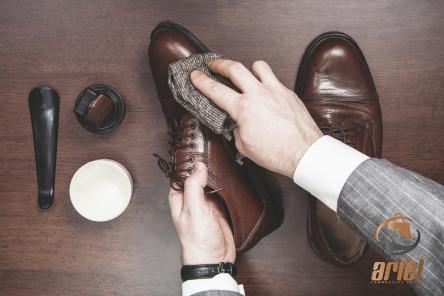
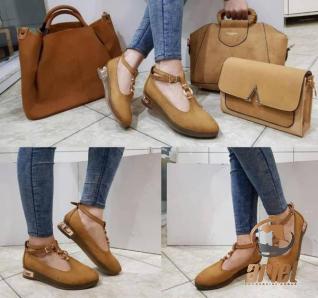
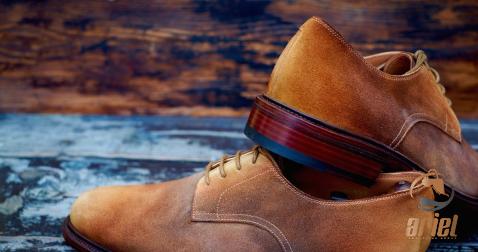
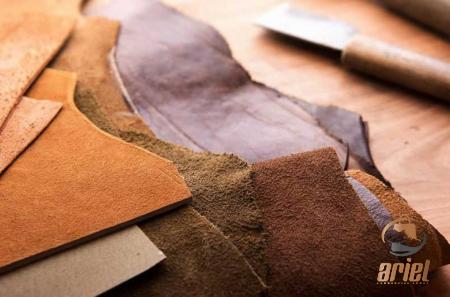
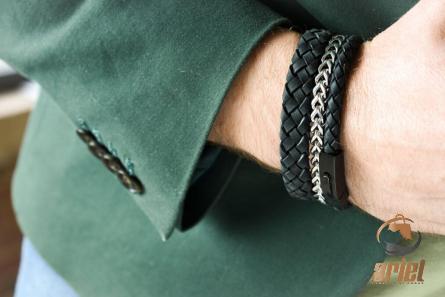
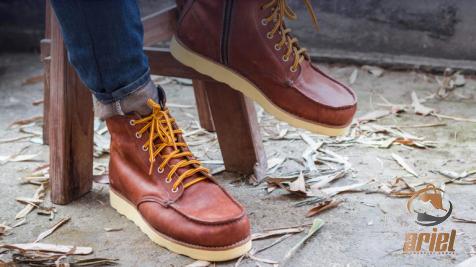
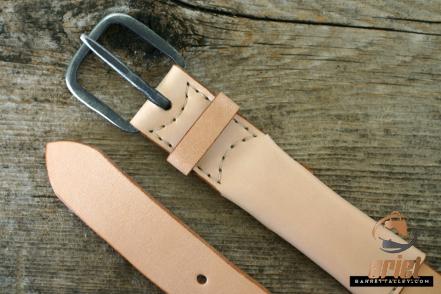
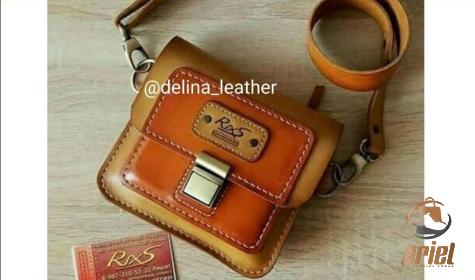
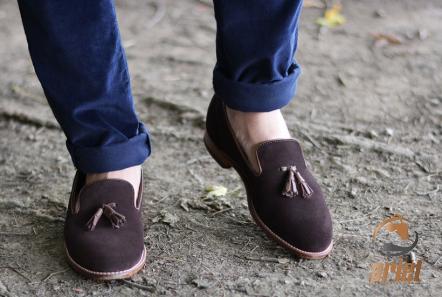
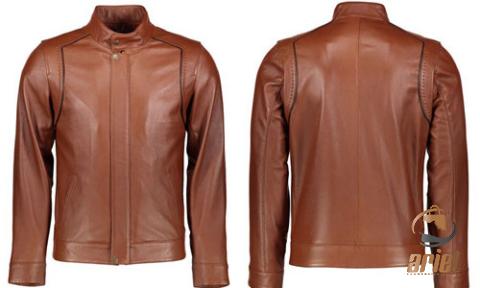
Your comment submitted.